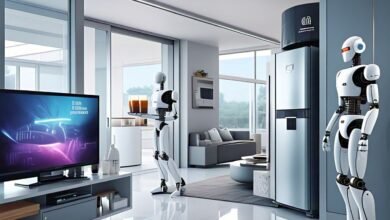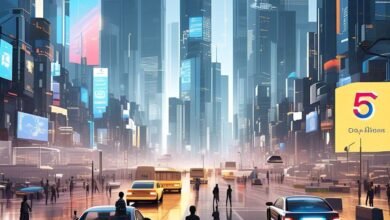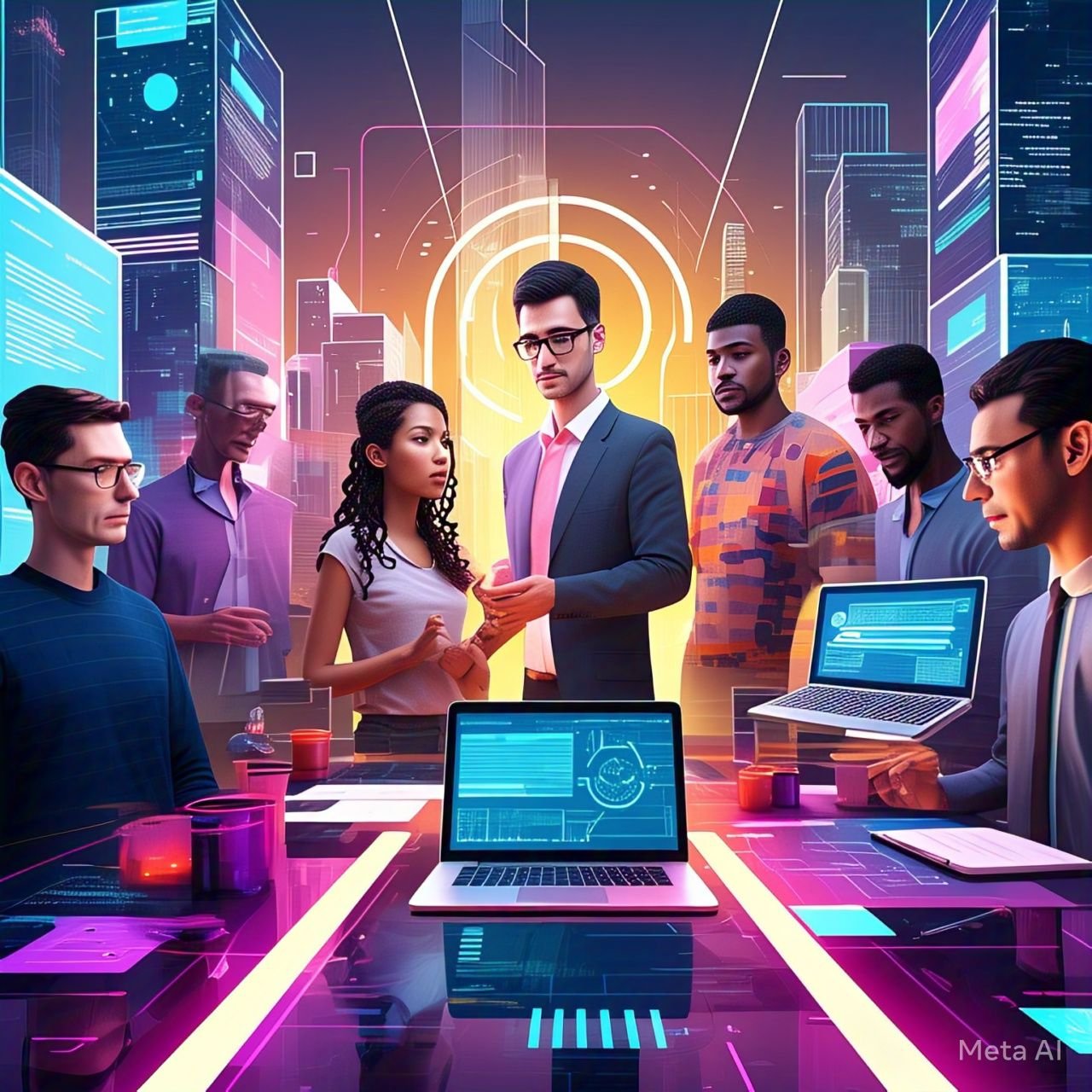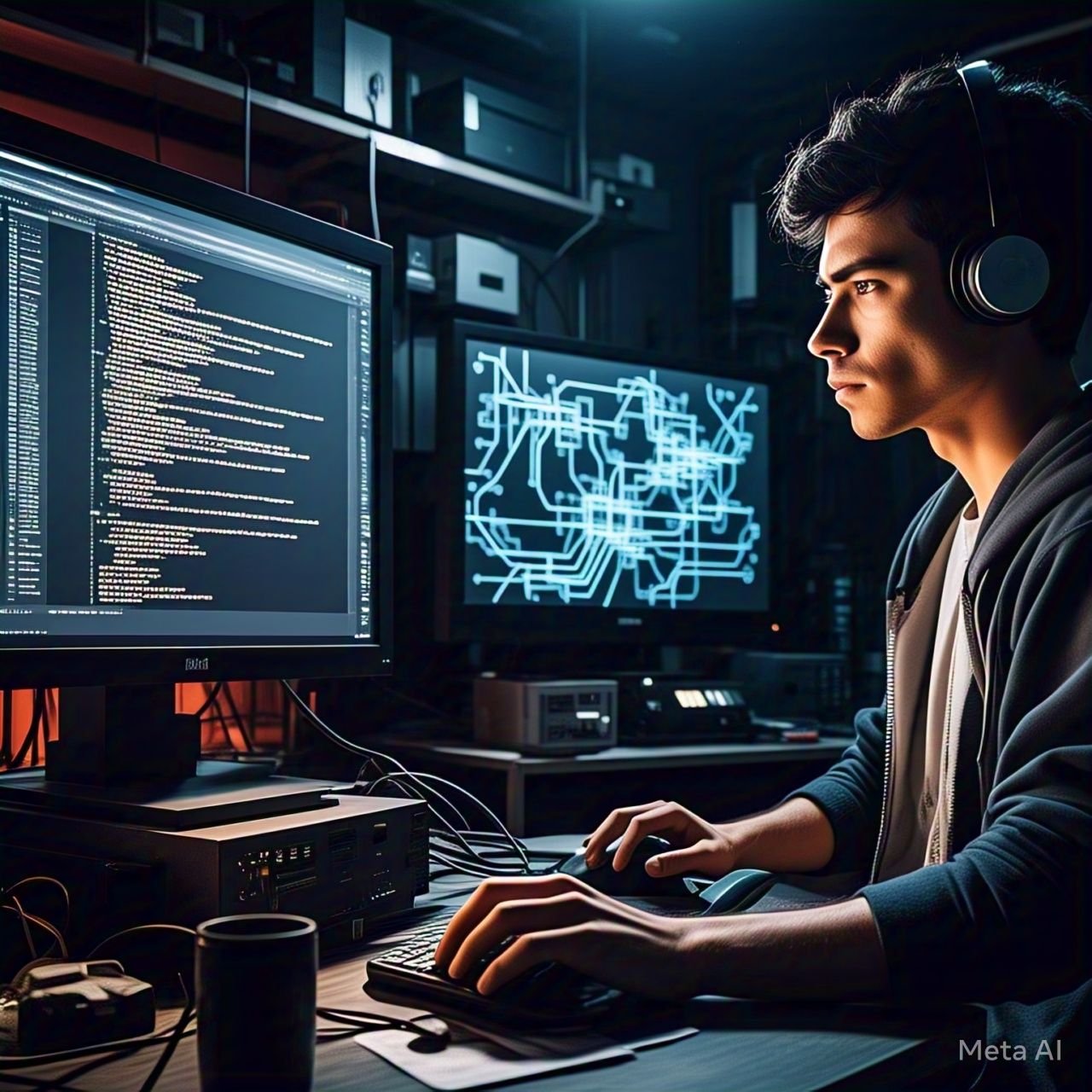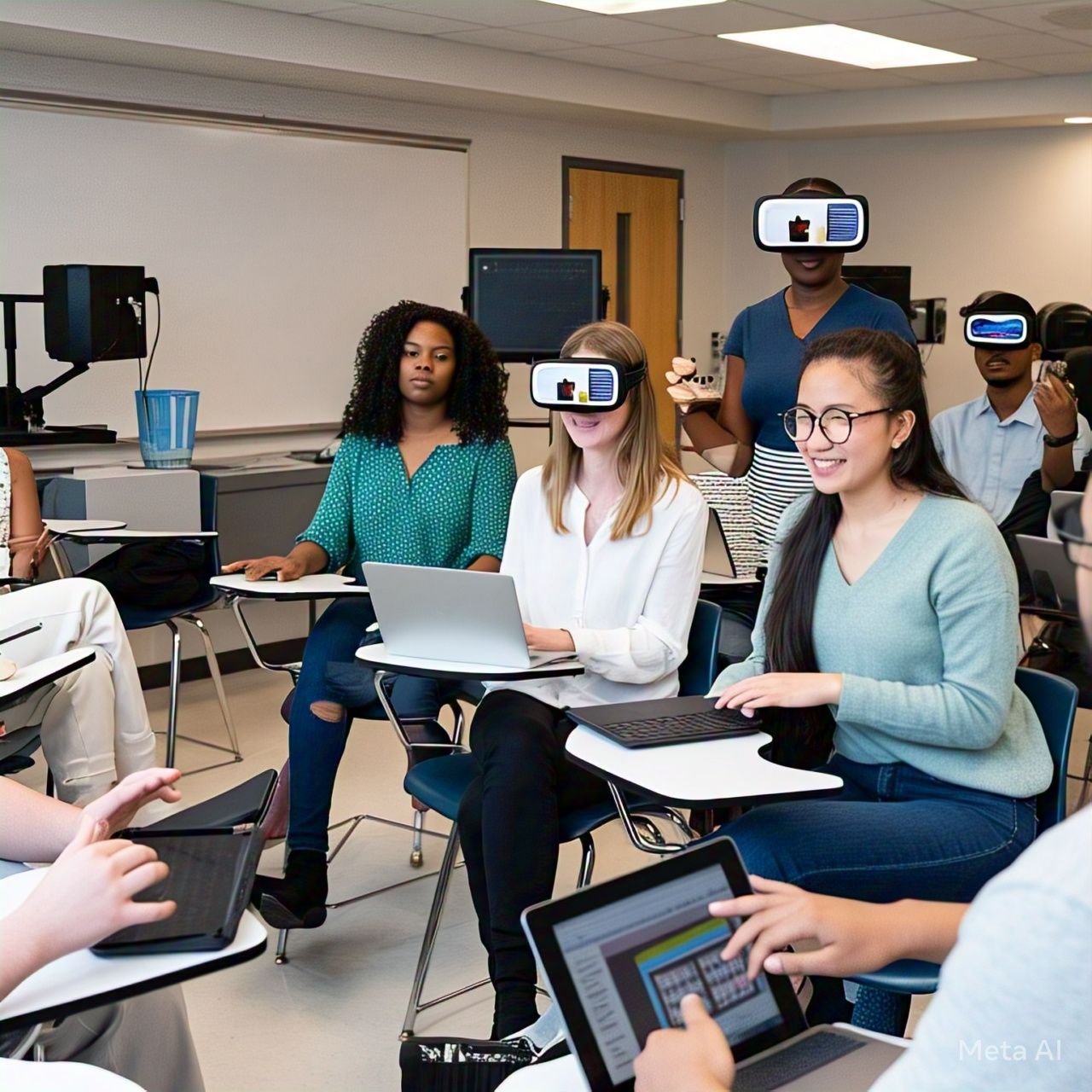The Future of Artificial Intelligence
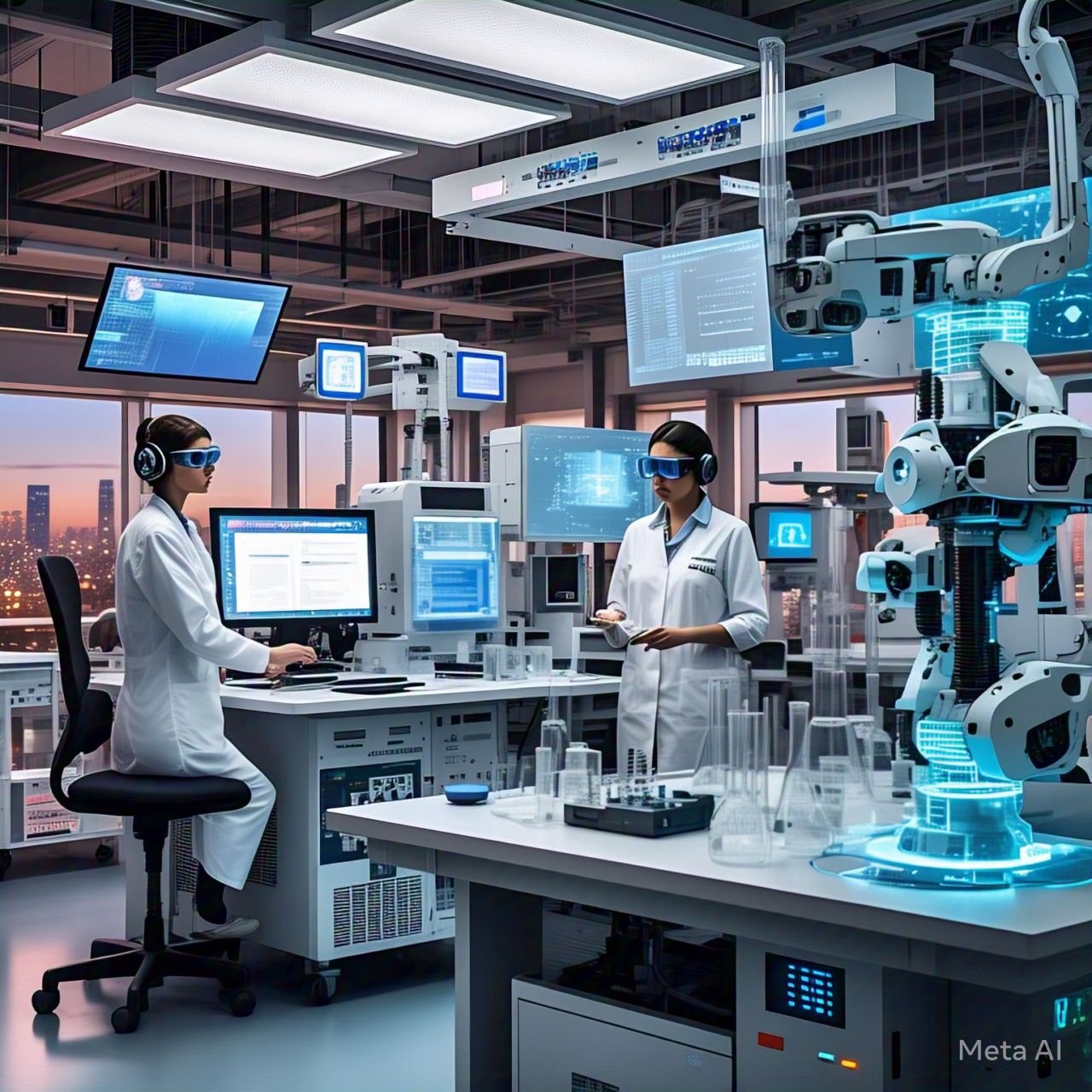
Outline
H1: Introduction
- H2: What is Artificial Intelligence?
- H2: Why AI is the Future
H1: The Evolution of AI
- H2: Early Concepts and Milestones
- H2: Recent Breakthroughs in AI
H1: Current Applications of AI
- H2: AI in Healthcare
- H2: AI in Finance
- H2: AI in Transportation
- H2: AI in Education
H1: Emerging Trends in AI
- H2: Generative AI and Creativity
- H2: Explainable AI
- H2: AI and Internet of Things (IoT)
- H2: AI in Cybersecurity
H1: Ethical Implications of AI
- H2: Bias and Fairness
- H2: Data Privacy Concerns
- H2: Job Displacement
H1: The Role of AI in Society
- H2: AI in Daily Life
- H2: Human-AI Collaboration
- H2: Regulation and Governance
H1: The Future Potential of AI
- H2: Superintelligence and AGI
- H2: AI in Climate Change Solutions
- H2: Personalized Everything
H1: Challenges Ahead
- H2: Technological Limitations
- H2: Ethical and Legal Barriers
- H2: Public Trust and Misconceptions
H1: Preparing for an AI-Driven Future
- H2: Education and Skill Development
- H2: Reimagining the Workforce
- H2: Inclusive Innovation
H1: Conclusion
H1: FAQs
- H2: Will AI take over all jobs?
- H2: Can AI ever be conscious?
- H2: How is AI changing healthcare?
- H2: What is the biggest risk with AI?
- H2: How can I prepare for an AI future?
Introduction
What is Artificial Intelligence?
Artificial Intelligence, or AI for short, is like giving machines a brain — but not just any brain. We’re talking about one that can learn, solve problems, and even understand language. It’s the magic behind self-driving cars, smart assistants like Siri or Alexa, and even Netflix’s spooky-accurate recommendations.
Why AI is the Future
AI is no longer science fiction. It’s deeply woven into our lives — changing how we work, communicate, and even make decisions. From automating tasks to predicting the future (yes, really), AI has the power to revolutionize nearly every industry.
The Evolution of AI
Early Concepts and Milestones
AI isn’t new. The idea goes back to ancient myths of intelligent machines. But in the 1950s, people like Alan Turing laid the groundwork. Fast forward to the 1990s, and AI beat world chess champion Garry Kasparov. Today, it’s writing code, composing music, and helping doctors detect cancer.
Recent Breakthroughs in AI
The last decade? Mind-blowing. Deep learning, neural networks, and transformer models (like the one writing this) have pushed the boundaries. AI can now generate human-like text, create art, drive cars, and diagnose diseases more accurately than some doctors.
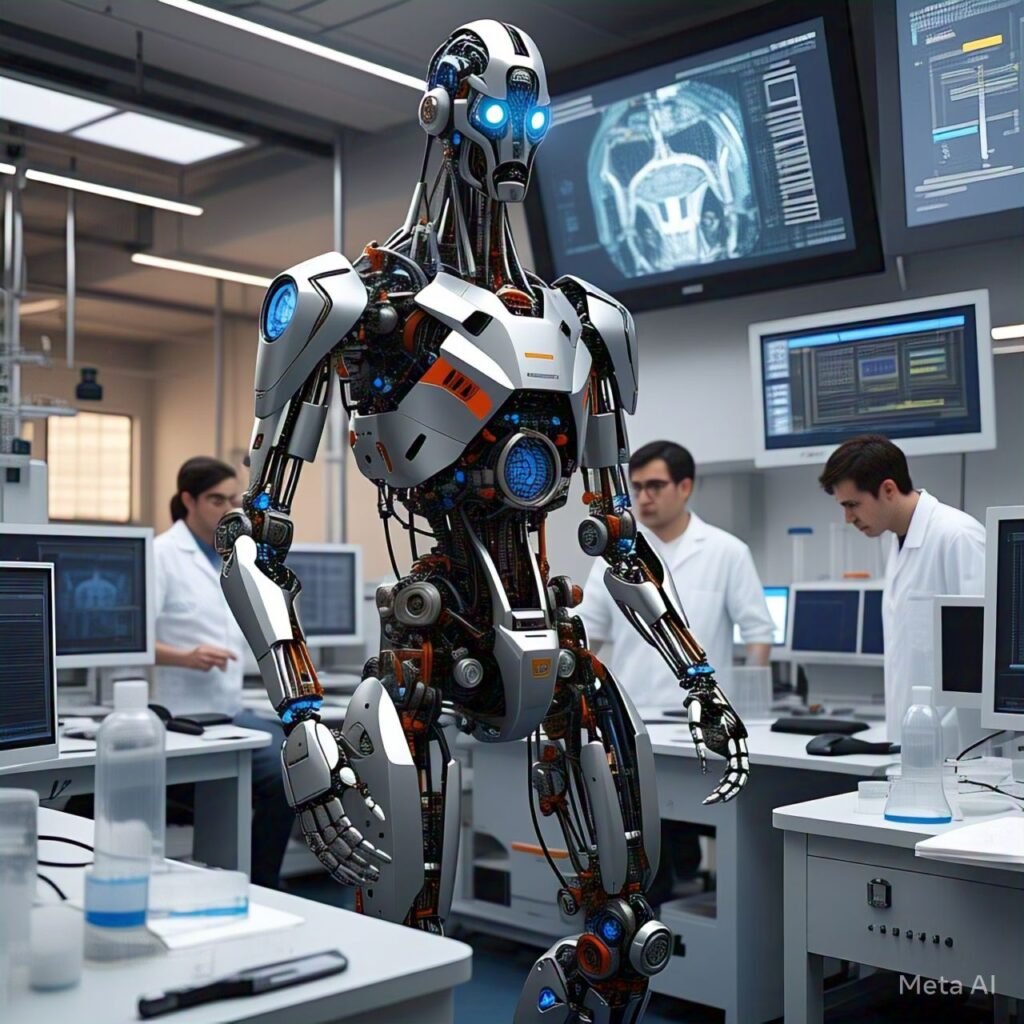
Current Applications of AI
AI in Healthcare
AI is saving lives — literally. It helps detect diseases earlier, personalizes treatments, and even assists in surgeries. Tools like IBM Watson can analyze millions of medical records in seconds. Imagine what that means for faster, better healthcare.
AI in Finance
From fraud detection to automating trades, AI is revolutionizing finance. It can analyze trends, predict stock behavior, and even offer personal financial advice — think of it as your robot financial guru.
AI in Transportation
Self-driving cars? Yep, that’s AI at the wheel. It’s optimizing traffic flow, improving public transit, and reducing accidents. Even logistics companies use AI to plan faster, cheaper, and greener delivery routes.
AI in Education
Imagine personalized learning that adapts to your pace, strengths, and weaknesses. AI-powered tools are doing exactly that — helping teachers teach smarter and students learn better.
Emerging Trends in AI
Generative AI and Creativity
AI isn’t just brains — it’s becoming an artist too. Generative AI can create music, design graphics, write stories, and even produce movies. We’re entering a new era where machines don’t just solve problems — they inspire.
Explainable AI
One big challenge with AI? It can be a black box. Explainable AI helps us understand how decisions are made, which builds trust — especially in critical fields like healthcare and law.
AI and Internet of Things (IoT)
Smart homes, wearable tech, and connected devices are powered by AI and IoT. Together, they make life more convenient and data-driven — from your thermostat learning your habits to your smartwatch monitoring your health.
AI in Cybersecurity
AI is our digital bodyguard. It identifies threats, detects fraud, and secures data faster than humanly possible. As hackers get smarter, so does AI — staying one step ahead.
Ethical Implications of AI
Bias and Fairness
AI can be biased — not because it wants to be, but because it learns from biased data. This can lead to unfair decisions in hiring, policing, or lending. The solution? Better data, diverse teams, and continuous checks.
Data Privacy Concerns
AI needs data — and a lot of it. But where’s the line between useful and intrusive? Protecting user privacy while building smarter systems is one of today’s biggest ethical dilemmas.
Job Displacement
Let’s be real: AI will replace some jobs. But it’ll also create new ones. The key? Reskilling workers and preparing for the shift — not fearing it.
The Role of AI in Society
AI in Daily Life
From smart assistants to recommendation engines, AI is already in your pocket, home, and workplace. It’s changing how we shop, eat, work out, and even date.
Human-AI Collaboration
AI isn’t here to take over — it’s here to assist. Think of it as a powerful teammate, helping us do more with less and freeing us to focus on what truly matters — creativity, empathy, and strategy.
Regulation and Governance
Who watches the robots? Governments and organizations are scrambling to create rules around AI use, ensuring it’s safe, fair, and accountable.
The Future Potential of AI
Superintelligence and AGI
Artificial General Intelligence (AGI) — a machine that can learn anything a human can — is the Holy Grail of AI. We’re not there yet, but progress is steady. Superintelligence? That’s the next step, and it comes with both excitement and fear.
AI in Climate Change Solutions
AI is being used to track emissions, predict weather patterns, and optimize energy usage. It’s a powerful ally in the fight against climate change.
Personalized Everything
From ads to medicine, education to fashion — AI is tailoring the world to you. It’s like having a digital twin that knows exactly what you need, often before you do.
Challenges Ahead
Technological Limitations
AI is amazing, but it’s not perfect. It struggles with nuance, common sense, and sometimes, just plain logic. There’s still a long road ahead to true intelligence.
Ethical and Legal Barriers
What happens when an AI makes a mistake? Who’s responsible? These legal gray areas are a big hurdle in deploying AI more broadly.
Public Trust and Misconceptions
Movies have made us scared of AI, but reality is much more nuanced. Building public trust through transparency and education is key to its future.
Preparing for an AI-Driven Future
Education and Skill Development
The jobs of tomorrow will need new skills — data literacy, coding, critical thinking. Schools and workplaces need to catch up — fast.
Reimagining the Workforce
We’re heading toward a hybrid workforce — humans and machines working side by side. Embracing this shift can lead to more fulfilling, creative work.
Inclusive Innovation
AI should benefit everyone — not just tech giants. Inclusive AI means involving all voices, all cultures, and all communities in its creation and deployment.
Conclusion
Artificial Intelligence is not just another tech buzzword. It’s the driving force behind the next wave of human progress. From healthcare to climate solutions, AI holds the key to solving some of our biggest challenges. But like any powerful tool, it must be used wisely, ethically, and inclusively. The future isn’t about man vs. machine — it’s about how we can work together to build something better.
FAQs
Will AI take over all jobs?
Not all, but it will automate many. The key is adapting, reskilling, and focusing on human-centric roles AI can’t replicate.
Can AI ever be conscious?
Right now, AI doesn’t “feel” or “understand” like humans. Consciousness in machines is still science fiction — for now.
How is AI changing healthcare?
From faster diagnoses to personalized treatments, AI is revolutionizing how we approach medicine and care.
What is the biggest risk with AI?
Uncontrolled use, bias, and lack of regulation. If left unchecked, AI could unintentionally harm more than help.
How can I prepare for an AI future?
Stay curious. Learn new tech skills, stay updated, and embrace lifelong learning. The future belongs to the adaptable.
